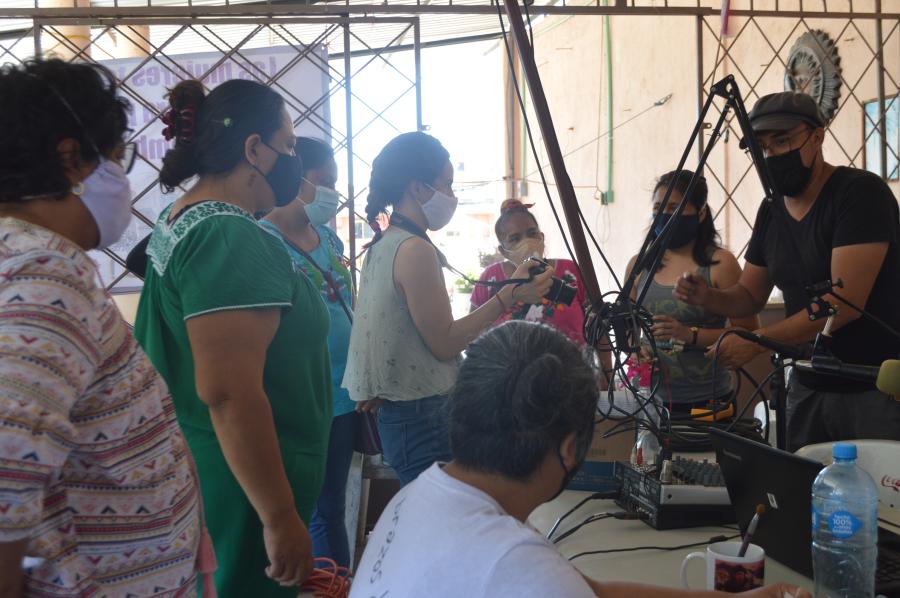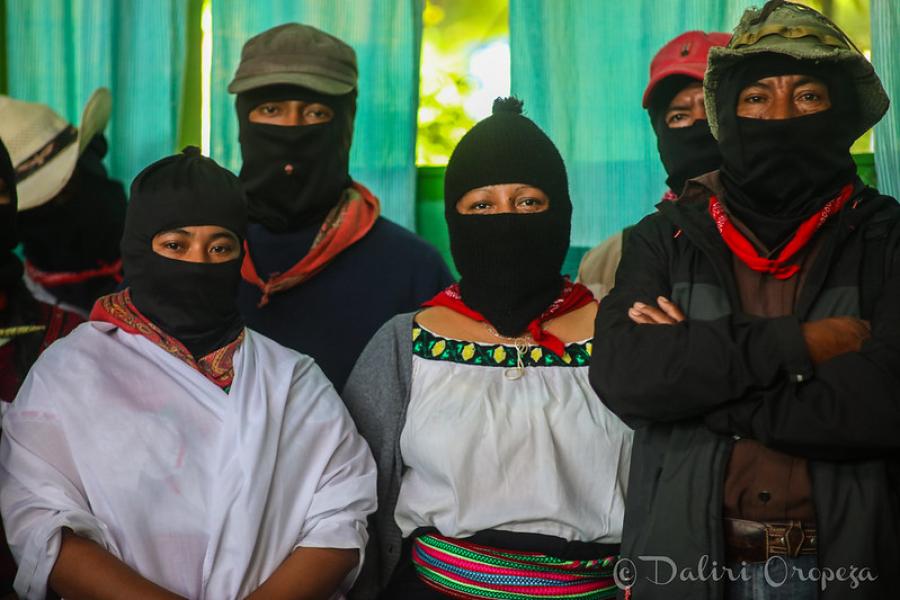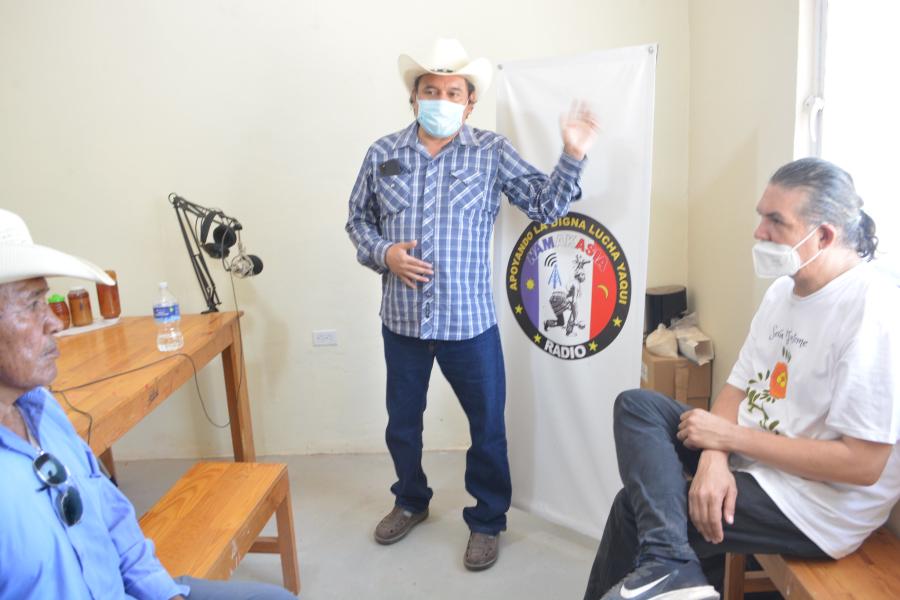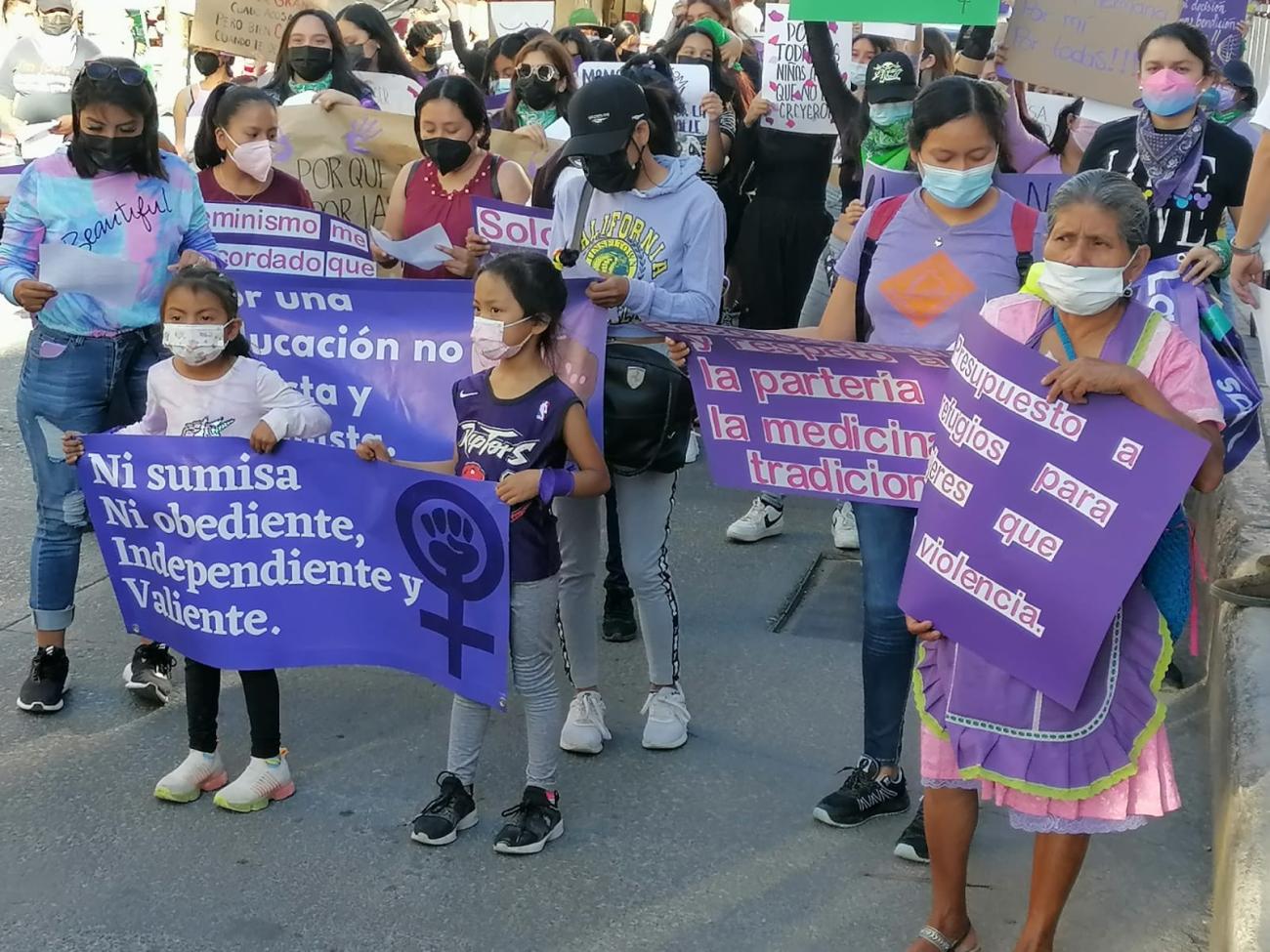
By Association Zihuame Xotlametzin
In the historical records, one can find much information on the situation of inequality, discrimination, and gender-based violence against women in its different forms in the General Law on Women's Access to a Life Free of Violence. The central and mountain region of Guerrero is no exception. Every day, multiple social, cultural, economic, and political barriers hinder the full exercise of women's human rights.
The main cause of violence against women is machismo, which, protected as it is by the patriarchal system, makes its eradication difficult. Therefore, many women see the real exercise of their human rights for a life free of violence as a utopia. Studies reveal that the majority of women and girls have experienced violence, even more so if they are from Indigenous communities.
There are few studies that document the violence experienced by Indigenous women. One of the few that does exist was conducted by the Institute of Indigenous Peoples, entitled "Data and Indicators on Violence Against Indigenous Women." Among its findings is that the greatest difference between violence against Indigenous and non-Indigenous women occurs in the case of sexual violence, which affected 41.3 percent of women over the age of 15 at the national level and 29.6 percent of Indigenous women. Is the disparity because they are Indigenous, women, or poor? Because they are not aware of their human rights? Or because they do not speak or read Spanish?
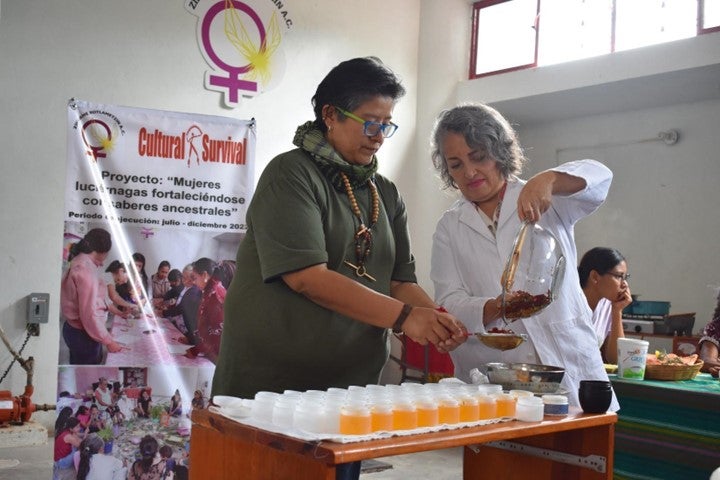
The Mexican State has not fulfilled its obligation of respecting, protecting, and fulfilling the human rights of Indigenous women. The guiding principles of human rights of universality, interdependence, and indivisibility apply to every human being, and women must also be able to enjoy and exercise their rights for a dignified life.
However, even with a solid regulatory framework for the protection of human rights like the Universal Declaration of Human Rights (1948), which is based on legal instruments that Mexico has signed and ratified such as ILO Convention No. 169, The Convention for the Elimination of all Forms of Discrimination Against Women, and the Inter-American Convention to Prevent, Punish and Eradicate Violence against Women, women have not been able to fully exercise their rights.
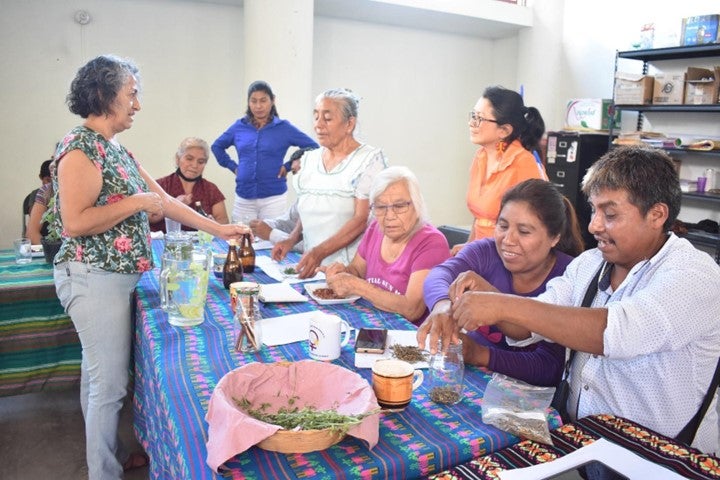
Faced with these barriers, the women who make up Association Zihuame Xotlametzin have been organizing themselves to confront the multiple layers of violence they experience. “Zihuame Xotlametzin” in Nahuatl means "Firefly Woman." They are a diverse group of women, Nahua, and mestizas, from the municipalities of Chilapa de Álvarez, Zitlala, and Ahuacuotzingo in the state of Guerrero. Though the Association was legally established in 2009, their social work dates back to 1994.
The group’s goal is to promote real, substantive equality between men and women through the promotion and defense of human rights and an organizational process where integral development is encouraged, allowing them to access greater knowledge of their human rights in order to influence public policies. Through their work, they have led reflections on the condition of women in the community resulting in the creation of social, cultural, economic, and political projects for the development of Indigenous Peoples and communities, the construction of peace, and a dignified life.
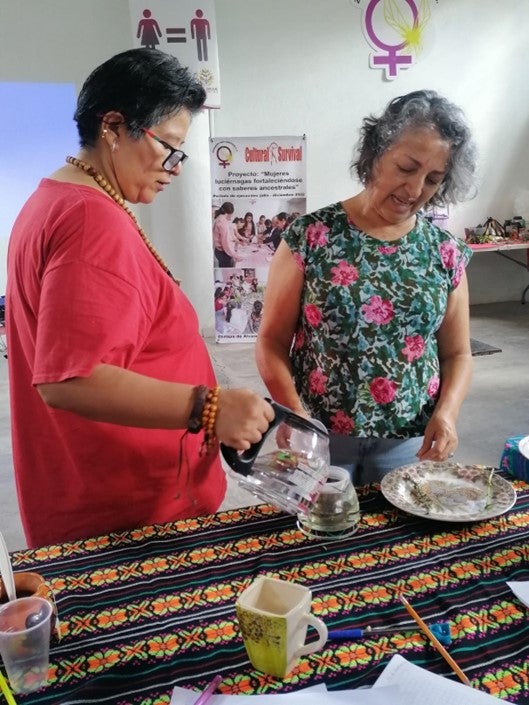
Association Zihuame Xotlametzin counts among its most important achievements the management of Casa de la Mujer Indígena Zihuachikahuac, in Chilapa. Started in 2014 with the aim of promoting greater access to sexual and reproductive rights and the prevention of gender-based violence against women, the project is supported by the Institute of Indigenous Peoples.
Times of conflict exacerbate the problem of gender-based violence against women; in these times, women are more afraid to file complaints with the Public Prosecutor for violence perpetrated by their partners. For this reason, together with other organizations, we formed the Feminist Alliance in Guerrero so that we could unite in a common front against the high rate of intentional deaths of women—many of them seen as femicides—a situation that the governments did not pay attention to.
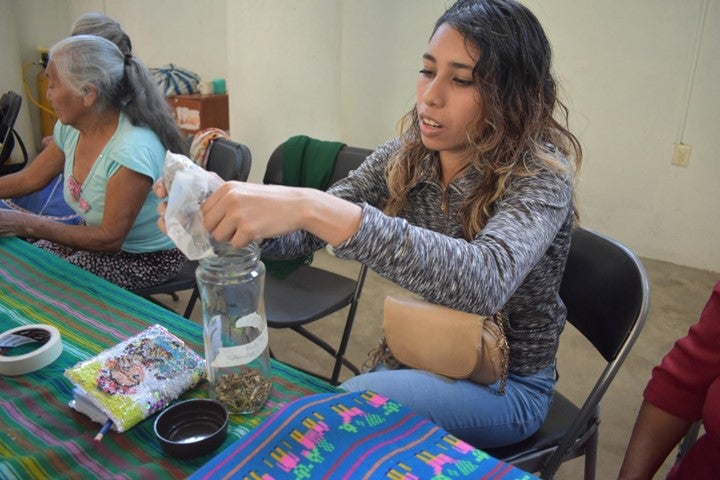
Like Association Zihuame Xotlametzin, we also joined in requesting a Gender Violence Alert, which was declared on June 22, 2017 in eight municipalities in Guerrero: Acapulco de Juárez, Ayutla de los Libres, Chilpancingo de los Bravo, Coyuca de Catalán, Iguala de la Independencia, José Azueta, Ometepec and Tlapa de Comonfort. Chilapa de Álvarez was added as the ninth in 2018.
Part of the impact of violence in the region was highlighted in an investigation carried out by the National Human Rights Commission, published in a special report on disappeared persons in Chilapa, where it was determined that the municipality of Chilapa in the state of Guerrero was considered as the head.
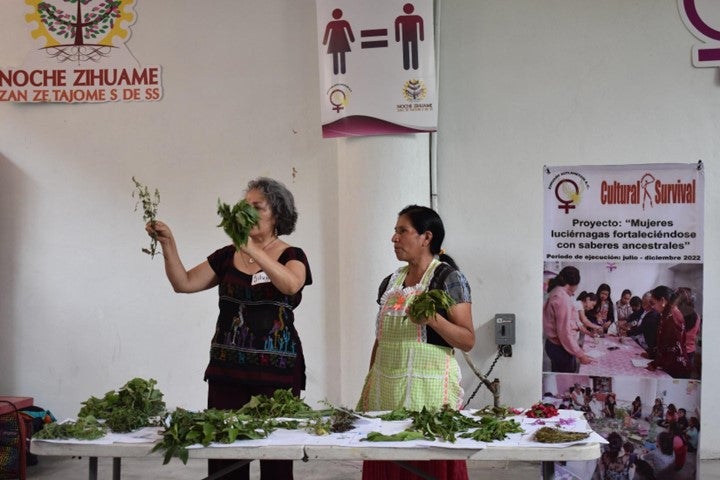
Accessing financing for the development of projects is even more difficult in areas of conflict. In 2012, a proposal was made to develop a project financed by a foreign foundation, but in the last stage, the field visit was canceled due to violence that was reported in the media. Something similar happened in 2015, when financing that was being managed with the Ayuda en Acción Foundation was stopped because the people who would make the field visit were not allowed to travel to Guerrero. Additionally, the State of Guerrero ceased authorizing projects for regions of conflict under the justification that they could not safely follow up on their progress.
These restrictions impeded Association Zihuame Xotlametzin in what they could accomplish. Advances that were made in the promotion of women’s rights were stopped, and in some cases were set back. Community work groups with women were broken up, coupled with a new federal policy of no longer funding Civil Associations. In the last decade, many situations of violence have been experienced in the region, along with the pandemic, which brought everything to a stop. But in an organized way, working in a network and allied with other actors, we continue to promote a world of equality, peace, and justice for all.
In 2021, Association Zihuame Xotlametzin received a grant from the Keepers of the Earth Fund to support Nahua women from Chilapa and Ahuacuotzingo, Guerrero who are using traditional plant medicines to treat illnesses. In the face of the health and economic crises caused by the COVID-19 pandemic, Association Zihuame Xotlametzin identified the need to strengthen traditional medicinal knowledge and to promote women's leadership in their communities. Fifteen women were trained in women’s rights, ancestral health knowledge, and traditional medicinal knowledge, and natural pharmacies were made available for communal benefit and use.
